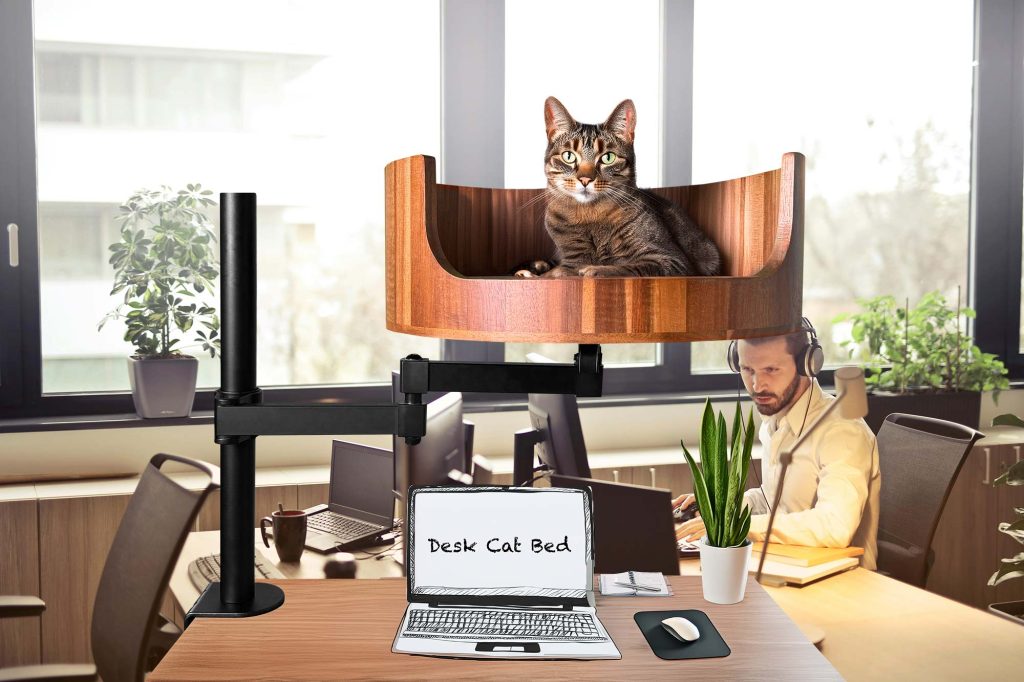Does your cat constantly lick itself? Understanding this behavior can help you determine the root cause and address any underlying issues. Whether it’s excessive grooming, attention-seeking behavior, or a sign of an underlying health problem, learning more about why your cat is licking is essential for their well-being.
In this article, we will explore the various reasons why cats lick themselves excessively and how to address this behavior. From stress and anxiety to skin conditions and allergies, there are numerous factors that can contribute to this behavior. By understanding and recognizing the signs, you can take the necessary steps to help your feline friend feel more comfortable and content. Join us as we delve into the world of cat behavior and learn how to decipher the reasons behind your cat’s constant licking.
1. Cats lick themselves as part of their grooming routine, but excessive licking can be a sign of underlying health or behavioral issues.
2. Possible causes of excessive licking include allergies, stress, boredom, or pain.
3. Observing the frequency and patterns of licking can help determine the cause and appropriate treatment.
4. Consulting with a veterinarian is crucial to rule out any medical conditions and provide proper care for the cat.
5. Providing environmental enrichment, interactive toys, and regular grooming sessions can help reduce excessive licking behavior.
## Understanding Why Cats Lick Constantly
Cats are known for their grooming behavior, which involves licking themselves to keep clean. However, when a cat starts licking excessively, it may indicate an underlying issue. One possible reason for constant licking is stress or anxiety. Cats may resort to grooming as a way to self-soothe when they are feeling overwhelmed. Another cause could be medical issues such as allergies, skin irritations, or dental problems. It’s essential to observe your cat’s behavior and consult with a veterinarian to determine the root cause of their constant licking.
## Behavioral Factors Influencing Constant Licking
Certain behavioral factors can contribute to a cat licking excessively. For example, some cats may develop compulsive licking behaviors due to boredom or lack of mental stimulation. Cats that are left alone for long periods without proper enrichment may engage in excessive grooming as a way to occupy themselves. Additionally, changes in the cat’s environment, routine, or social dynamics can trigger stress-related licking behaviors. Understanding your cat’s individual needs and providing them with a stimulating and safe environment can help reduce excessive licking.
## Medical Conditions Associated with Constant Licking
In some cases, constant licking in cats may be linked to underlying medical conditions. Skin allergies, flea infestations, or other dermatological issues can cause itchiness and discomfort, leading to increased grooming behavior. Cats with dental problems such as gingivitis or tooth decay may also lick excessively due to oral pain. It’s crucial to monitor your cat’s overall health and address any medical concerns promptly to alleviate their discomfort and reduce the urge to lick excessively. Regular veterinary check-ups and proper grooming can help prevent and manage medical issues that contribute to constant licking.
Frequently Asked Questions
How can the Desk Cat Nest help with my cat constantly licking?
The Desk Cat Nest provides a comfortable and cozy space for your cat to relax, which can help reduce stress and anxiety that may be causing the excessive licking behavior. Additionally, the textured surface of the nest can offer a soothing sensation for your cat to scratch and lick, preventing them from over-grooming.
Is the Desk Cat Nest safe for my cat to use?
Yes, the Desk Cat Nest is made from pet-safe materials and designed to be durable and sturdy for your cat to use. It is a safe and secure environment for your cat to rest and play in, allowing them to feel comfortable and secure while reducing their licking tendencies.
How do I introduce my cat to the Desk Cat Nest?
It is recommended to place the Desk Cat Nest in a quiet and comfortable area where your cat likes to spend time. Encourage your cat to explore the nest by placing some treats or toys inside to entice them. You can also add some familiar bedding or blankets to make it more inviting for your cat.
Can the Desk Cat Nest replace a visit to the veterinarian for my cat’s licking behavior?
While the Desk Cat Nest can help alleviate stress and anxiety that may be contributing to your cat’s licking behavior, it is important to consult with a veterinarian to rule out any underlying medical issues. The Desk Cat Nest can be used in combination with professional veterinary care to address your cat’s licking tendencies effectively.
In conclusion, a Desk Cat Bed can greatly benefit a cat that is constantly licking itself. This innovative product provides a cozy and comfortable space for your cat to relax, reducing stress and anxiety that may be causing excessive grooming. By offering a designated resting spot, the Desk Cat Bed helps redirect your cat’s focus away from grooming and towards relaxation. Additionally, the elevated design of the bed keeps your cat off the floor, away from allergens and other potential irritants. Overall, investing in a Desk Cat Bed is a valuable choice for both you and your feline friend, promoting a healthier and happier lifestyle.


